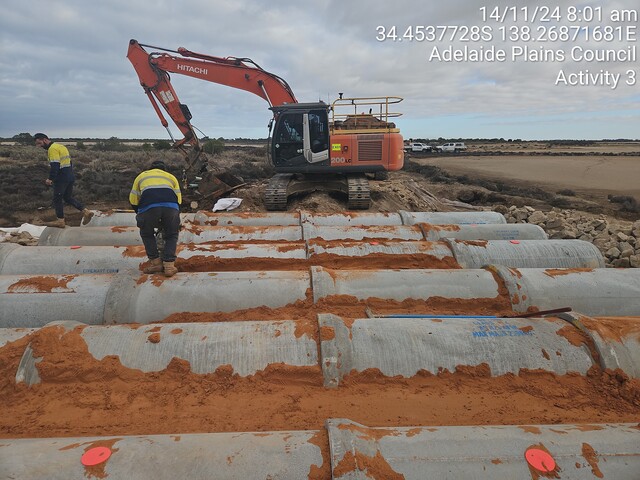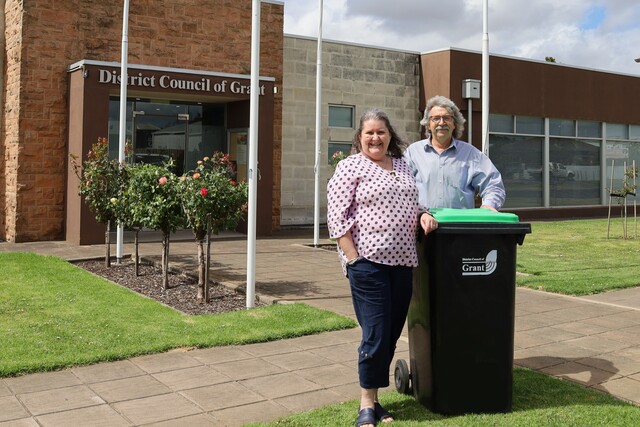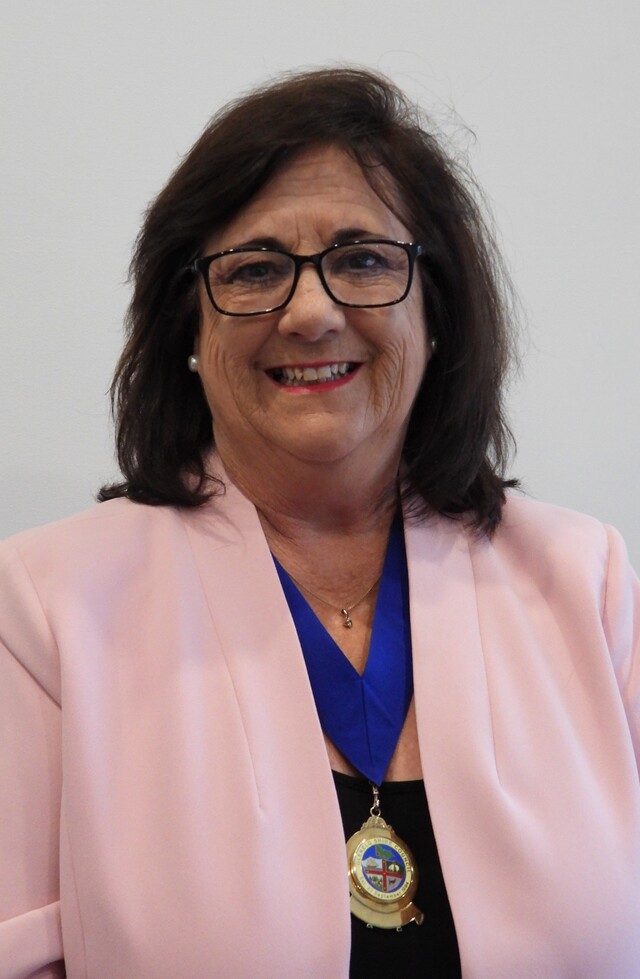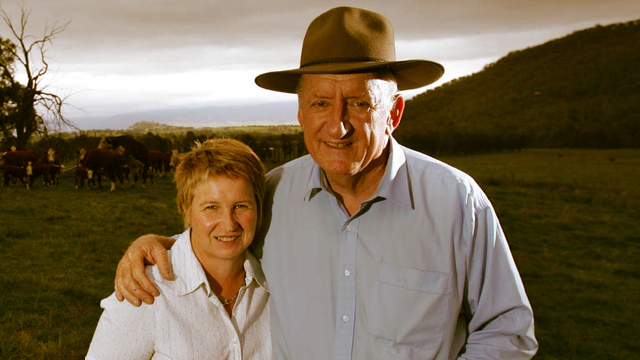The Good Oil by Rod Brown *
Innovation is the latest catch cry – and the Senate is undertaking an enquiry into ‘Pathways to Innovation’. Submissions were due on 29 April. In this context, the National Dialogue on Entrepreneurship (USA) has highlighted the findings of the Boston Consulting Group, (BCG) based on its annual global survey of innovation. Go to images.exacttarget.com/members/4727/BCG2005 ITCSurveyReport.pdf
The BCG survey concludes that globalisation and organisational issues are the biggest challenges facing companies. BCG’s further analysis is more interesting:
- The biggest challenge in innovation is not invention, but execution, that is commercialisation.
- Commercialisation is more challenging because of new competition, price/cost pressures, shrinking product lifecycles, increasing integration of the world economy and technology shifts.
- China, India and other low cost countries are fundamentally changing the game. In China, there are now more than 180 R&D facilities operated by foreign corporations.
- Internal or organisational issues are a key concern, regardless of geography. Alignment is paramount, that is the entire organisation must be on the same page concerning objectives, tactics and commitment.
BCG advises managers to:
- Get alignment right – having people who understand the value of working together and the skills and temperament to do so. Managers who don’t are poisonous to the rest of organisation. Identify those people.
- Spend time on creating an innovative environment. Showing interest in innovation will mean that other barriers start to fall away quickly.
- Pick a few performance measures and start tracking.
Lessons for Local Government?
What has this got to do with Local Government? The main message is for Councils to be alert to the needs of their innovative companies. The BCG survey identifies their most innovative companies as Apple, 3M, GE, Microsoft and Sony.
What are your local equivalents? Every city and community wants innovative companies in their midst. They lift companies around them, and improve the milieu of activity.
Some examples I’ve come across in recent years are Bega Cheese (Bega), Priority Engineering (northern Adelaide), Mars and Rivers (Ballarat), Rip Curl and Quiksilver (Torquay) and CEA Technologies in Canberra.
The other message from BCG is that poisonous managers need to be marginalised. I’m sure anyone reading this article isn’t in that category – because this column is all about collaboration!
Why Canberra is becoming more centralist
The Canberra Times is a journal with very limited readership outside your beloved national capital. But it recently highlighted some shifts in the Federal Government’s modus operandi that explain why Messrs Howard, Costello, Abbott and Nelson are running on testosterone at the moment.
Professor Stephen Bartos, from the University of Canberra, but a former senior official in Prime Minister and Cabinet, says centralisation of power and control is now asserting itself within the federal machinery. Gone are the freedoms and experiments with devolution. Indicators are a dominant for the Prime Minister’s Department in the policy field, greater control over spending by the Department of Finance, increased accountability requirements for Department Heads, highly prescriptive procurement guidelines and so forth.
It is a reaction to the freedoms of the 80s and 90s – agencies are now pulling agencies back. Agencies with too much devolution got out of control and made too many mistakes – so the centralists have stepped in and reasserted themselves.
Jack Waterford, the Canberra Times’ editor in chief, says the natural tendency of any central government is to pull things towards the centre. He believes that PM Howard no longer sees the point of different local solutions to national problems, and is fed up with State delivery of important services – hence the takeover bids in universities, health, hospitals, industrial relations.
Peter Shergold, Head of Prime Minister and Cabinet, says that ‘devolution is a two edged sword, and that good public policy depends on whole of government approaches…the devolved environment needs to have policy initiatives ‘joined up’, its services delivered in a ‘seamless’ fashion.’
The Bronwyn Bishop effect
Most of the above is pretty true, but there is two other factors explaining the increasing centralisation. The fact that all the State and Territory Governments are Labor. Senior officials and Ministerial minders across the State jurisdictions are in pretty close contact these days. They are a new power group. As a result, the Canberra powerbrokers are instinctively consolidating their programs and policies…the king pulling up the drawbridge as the hordes swarm to the castle’s perimeter?
The ‘Bronwyn Bishop effect’. Let me explain. When the Libs were in opposition, Senator Bishop made kicking government officials an art form. Now Labor is copying her. What bureaucrat in his/her right mind wants devolved programs, with little control or information? It just makes them look like fools in Senate Estimates Hearings!
Dealing with Canberra is therefore getting harder. On top of this, the Federal bureaucracy always finds it hard to deal with locational or ‘place’ issues. And as many mayors will attest, the fact that Local Government sits within the State legislative apparatus makes it a very difficult balancing act.
Making Canberra work for you!
To help people work through the Canberra maze, my company has joined up with other Canberra based specialist lobbyists – all former senior federal bureaucrats – to deliver workshops to help Councils, companies and industry groups.
The aim is to help those outside Canberra to understand stakeholders, build alliances, influence policy and access funding. The workshops are held in your city/town to maximise your investment. The workshops, of three to four hours duration, are structured around modules of most relevance to the audience.
The modules include an overview of how Canberra works – key agencies and people, policy priorities and programs; strategic positioning – getting the right intelligence, packaging ideas, using champions and more. Please contact me for details.
* Rod Brown’s Canberra based consultancy group, Australian Project Developments Pty Ltd, specialises in industry/regional development and government liaison. For further information telephone (02) 6231 7261 or email apd@orac.net.au







